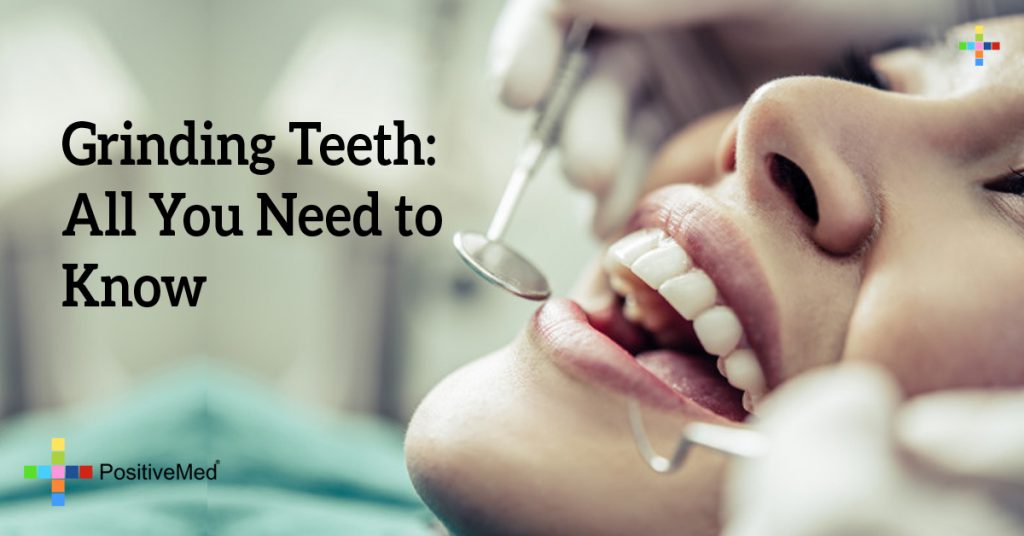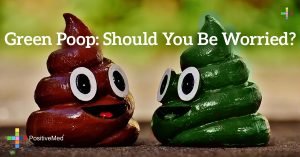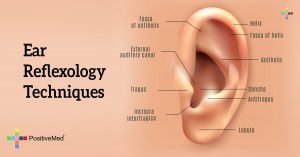
How To Prevent Clenching Or Grinding Teeth
Clenching or grinding teeth is called bruxism, those with this condition are found clenching their teeth unconsciously. Grinding teeth while sleeping is called sleep bruxism. It can be mild and not need treatment but in severe cases can lead to jaw disorders, headaches, damaged teeth, and other issues. You may be unaware of sleep bruxism, and wake up tired without knowing why. Knowing the symptoms can lead to proper dental care and treatment.

Symptoms of Grinding Teeth:
• Loud grinding and clenching of teeth that can wake your sleeping partner
• Worn down, flattened, chipped, or fractured teeth
• Worn tooth enamel
• Tired jaw muscles
• High sensitivity in teeth
• Headaches
• Long-term facial pain
• Indentations on the tongue
• Damaged inside walls of your cheeks from chewing
• Earaches caused by jaw muscle contractions
• Pain or tightness in jaw
Causes of Grinding Teeth:
The causes of bruxism are not well known, but several factors are believed to contribute to it including stress, abnormal bite, and crooked or missing teeth. You can use a mouth guard from your dentist to prevent bruxism.
The following self-care tips and tricks may help prevent clenching or grinding teeth (bruxism):
• Reduce stress
Music is a good way to reduce stress, as are exercises, warm baths, and meditation.
• Limit caffeine
Limit foods and beverages that contain caffeine like colas, chocolate, and coffee. Excessive alcohol use may increase the intensity of grinding teeth.
• Don’t chew on non-foods
Chewing pens or pencils, straws, gum, and other items can increase the jaws tendency to clench, don’t chew anything but food.
• Talk to your partner
Ask your partner about your nocturnal teeth grinding, keep track in a journal and give the information to your dentist.
• Correct mouth position
Correct mouth position is lips closed and teeth a little apart, keep your tongue tip on the upper bump behind your teeth. This mouth position will lessen jaw tension.
• Train yourself
Expect that it will take some time and practice holding your mouth in the correct position, if you feel your jaw clenching try to relax and ease into correct position. If you are determined and keep practicing you should see a difference, if not your problem is more severe and you need a dentist’s opinion.
• Washcloth
Before bed place a warm washcloth against your cheek and jaw to help relax the jaw muscles.
When to see a doctor/dentist for grinding teeth
If none of the above works see your dentist. Make an appointment right away for these symptoms:
• Worn, damaged, or sensitive teeth
• Long-term pain in your jaw, ear, and face
• Others complain about your teeth grinding
If your child has any of these symptoms inform their pediatrician during your next appointment.






